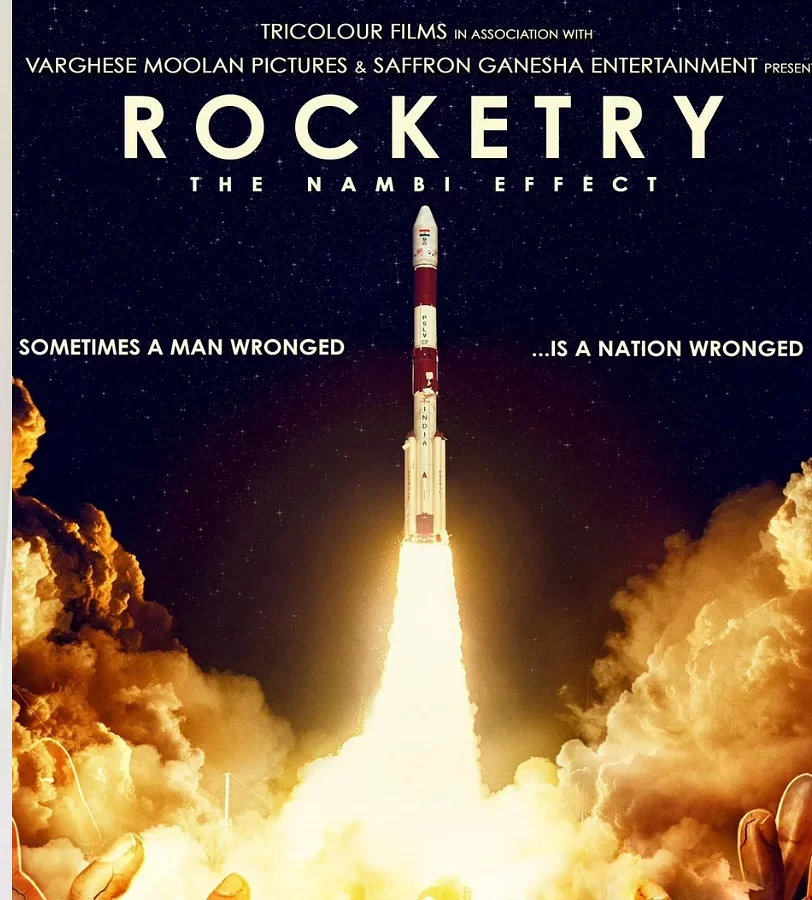MUMBAI: As part of national efforts to revive its film industry, African country Angola will be building a “cinematographic campus” in the capital.
According to the country’s incumbent minister of culture Boaventura Cardoso, “It will be a complete campus that will execute the whole process concerning the production and projection of movies.”
The space to build this complex has been secured and a project plan has been submitted. The campus is one of a number of projects planned by the ministry, aimed at building and rehabilitating cultural infrastructure.
These projects are outcomes of the Third Symposium on National Culture held in September 2006 in Luanda, and which the Head of State, Jose Eduardo dos Santos endorsed.
Cardoso also called for the intervention of the private sector in the development of cinema, because this was a feat which could not be achieved by government alone. He stressed that the country had “great human potential” in the film industry, but needed to boost its production and distribution circuit.
Regarding ther other projects which the Ministry of Culture will oversee this year, Cardoso said construction was due to start on the Medium Institute of Arts, the Higher Institute of Arts, the Museum of Contemporary Arts, cultural centres throughout the country and the nationl Artistic Training Institute.
The continent as a whole has a vibrant film industry, which needs more funding and support in some areas, but has received international acclaim despite these shortcomings.
The Nigerian film industry, known as Nollywood, has cemented itself across the continent through a thriving distribution network of dvds, as mainstream commercial cinemas and arthouse cinemas do not screen even a fraction of these prolific stories.
South Africa’s own film industry has been churning out award winning films recently, such as Gavin Hood’s drama, Tsotsi, which won the 2006 Oscar for Best Foreign film and other awards for its cast.
Films such as the AIDS drama Yesterday, have also raised South Africa’s movie-making profile, as has uCarmen eKhayelitsha, which won the Golden Bear Award in Germany in 2005.
Apartheid drama Forgiveness won nine international film festival and audience choice awards including Best South African Film at the Cape Town World Cinema Festival, Sithengi.




